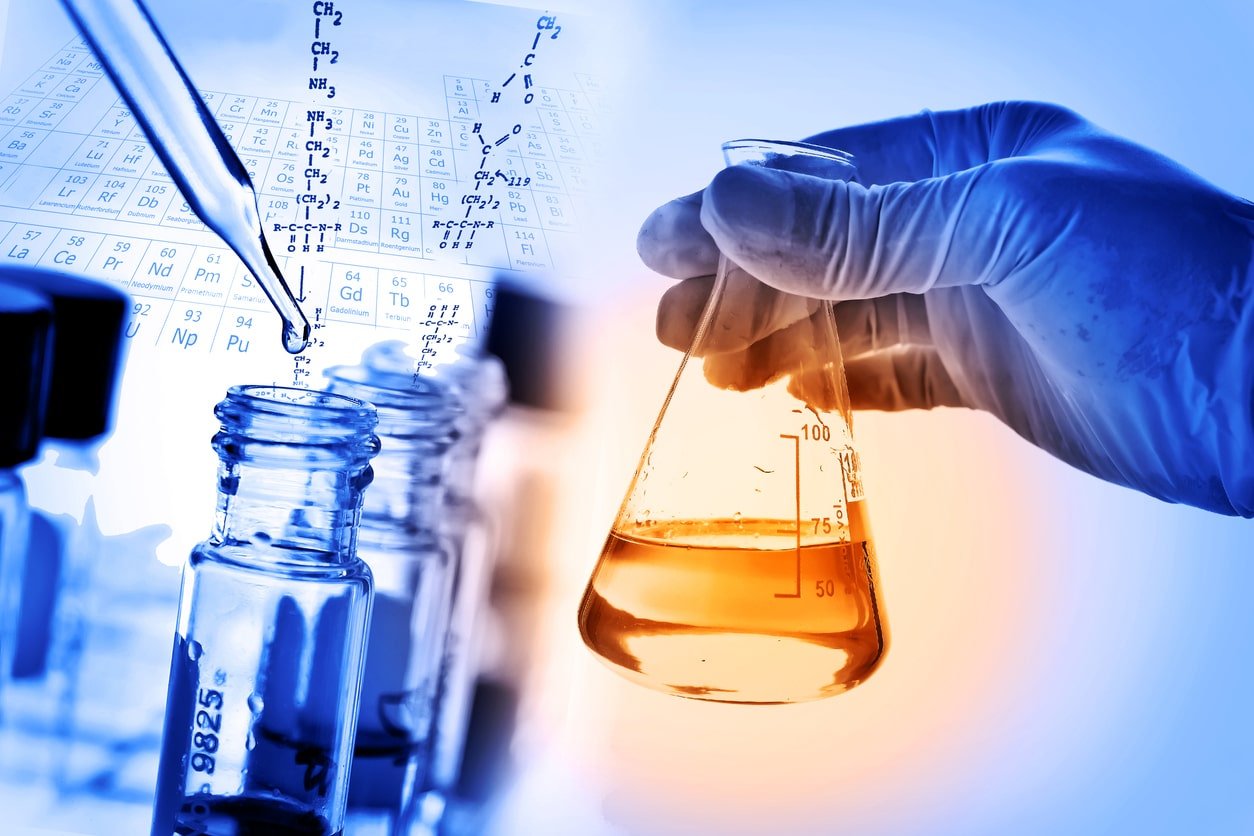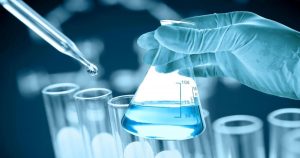As we go about our daily lives, we encounter various substances that can be harmful to our health. Two terms that are often used interchangeably are toxic and toxin. However, there is a subtle yet significant difference between the two.
Toxic refers to something that is poisonous or harmful to living organisms. It can be a physical, chemical, or biological substance that can cause harm when ingested, inhaled, or absorbed through the skin. Examples of toxic substances include lead, mercury, pesticides, and certain drugs.
On the other hand, a toxin is a poisonous substance produced by living organisms, such as bacteria, fungi, plants, and animals. Toxins are usually part of the organism's defense mechanism or used to capture prey. Some well-known examples of toxins include botulinum toxin, produced by the bacterium Clostridium botulinum, and ricin, found in the seeds of the castor oil plant.
The key difference between toxic and toxin is that toxic substances are not necessarily produced by living organisms, while toxins are. Toxic substances can be synthetic or naturally occurring, while toxins are always natural and produced by living organisms.
Another difference is that toxic substances can have immediate or long-term effects on health, depending on the dose and duration of exposure. In contrast, toxins usually have immediate effects and can be lethal in small amounts.
It's important to note that some substances can be both toxic and a toxin. For example, lead is a toxic metal that can cause neurological damage, while some strains of bacteria can produce lead as a toxin.
In conclusion, understanding the difference between toxic and toxin is crucial in identifying and managing potential health hazards. While toxic substances can be harmful, toxins are usually more potent and can be lethal in small amounts. By being aware of the sources and effects of these substances, we can take steps to protect ourselves and our environment.




+ There are no comments
Add yours